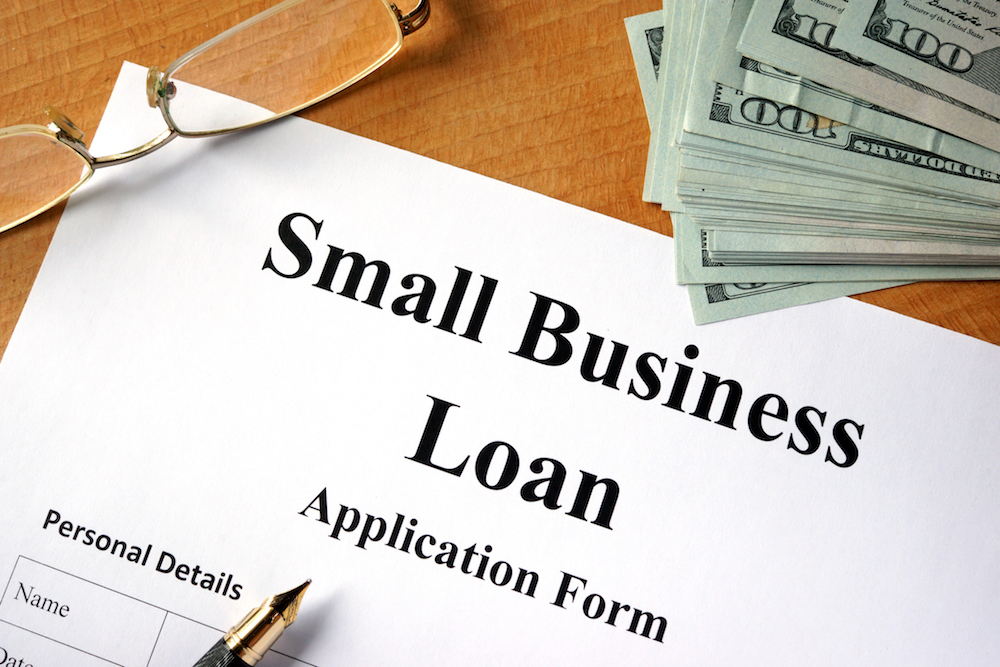If you’re searching the internet for information on SBA loans, it’s likely because you want to know what they are and how to qualify for one. SBA stands for Small Business Administration. These loans help smaller companies get started or expand their operations with less hassle than typical loans through banks or other financial institutions. To learn more about these unique loans, see our definitive guide on what they are and how to qualify.
What Are SBA Loans?
Contents
As of 2018, there are more than 20 different types of SBA loans. Of course, that’s a lot to cover in one paragraph (or even one post), so we won’t get into all of them here, but let’s start with some basic definitions. At its most basic level, an SBA loan is any kind of loan extended by a bank or other lender backed by guarantees from the US.
General SBA Loan Requirements
You must have a for-profit business that’s no larger than 500 employees. Your credit score can be anywhere from 640 to 740. Some business types are ineligible, such as capital lending firms. No businesses that offer gambling services are eligible to receive an SBA loan. If your company previously received an SBA loan within 180 days of your current application, you’re not eligible for another one until two years after your previous payment. According to Lantern by SoFi, you might want to also explore other financing options. As long as you meet all of these criteria, you’re good to go.
SBA Loan Underwriting Requirements
The SBA offers four types of loans for businesses. Two of these, microloans and business start-up loans, are meant to help small companies get off the ground; in most cases, there’s no collateral required for these two options. However, to qualify for either of these programs, you must be in business for at least one year.
To qualify for an SBA loan, you’ll need to have a solid personal credit score. If you don’t, you might still be able to get a loan through a private lender such as Lantern by SoFi. In addition to your own personal credit history, it’s also important that your business has a good track record of making payments on time.
Have the Following Documents Ready for Evaluation:
- Business Overview
- Business Lease
- Income Tax Returns
- A Detailed Schedule of Collateral
- Business Owner’s Resume
- Business Financial Statements (balance sheets, income statements, and cash flow projections, etc.)
- Loan Application History
- Existing Debt Schedule
- Business Licenses and Certificates
If you do have collateral to put up for your loan, you’ll likely qualify for one of three types of loans. The first, called an asset-based loan, requires that you pledge assets such as inventory or equipment as collateral. Strong annual revenue and business finances help you qualify for a larger loan amount. Even if you don’t have much collateral to offer but have a strong credit history and cash flow from your business, you might qualify for a term loan.
Now that you’ve read all about SBA loan terms and rates, you know what they are and how to qualify for them. While these low-interest business loans aren’t appropriate for every type of business, if you own a small or medium-sized company looking to expand or grow, chances are an SBA loan might be a good fit.
Author Bio:
Alison Lurie is a farmer of words in the field of creativity. She is an experienced independent content writer with a demonstrated history of working in the writing and editing industry. She is a multi-niche content chef who loves cooking new things.

